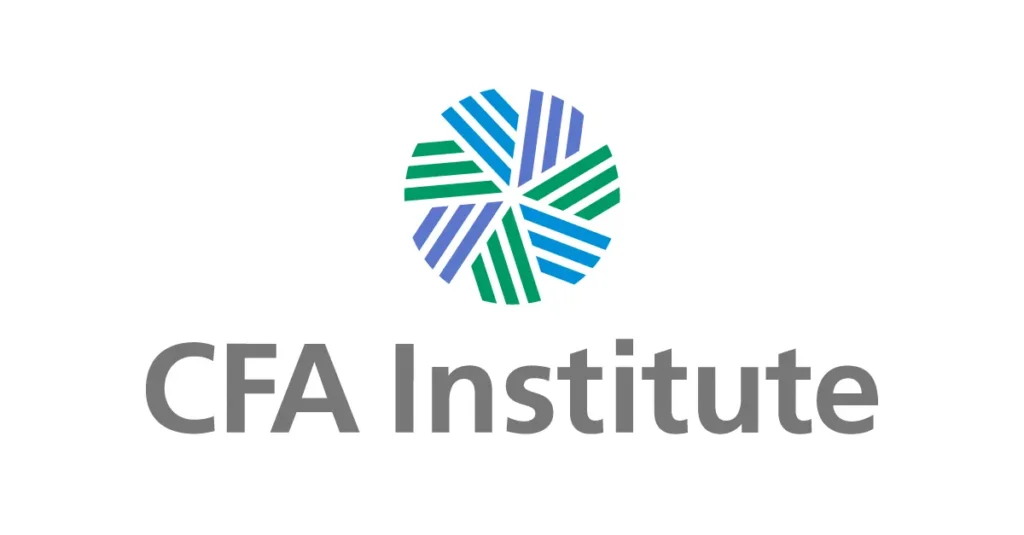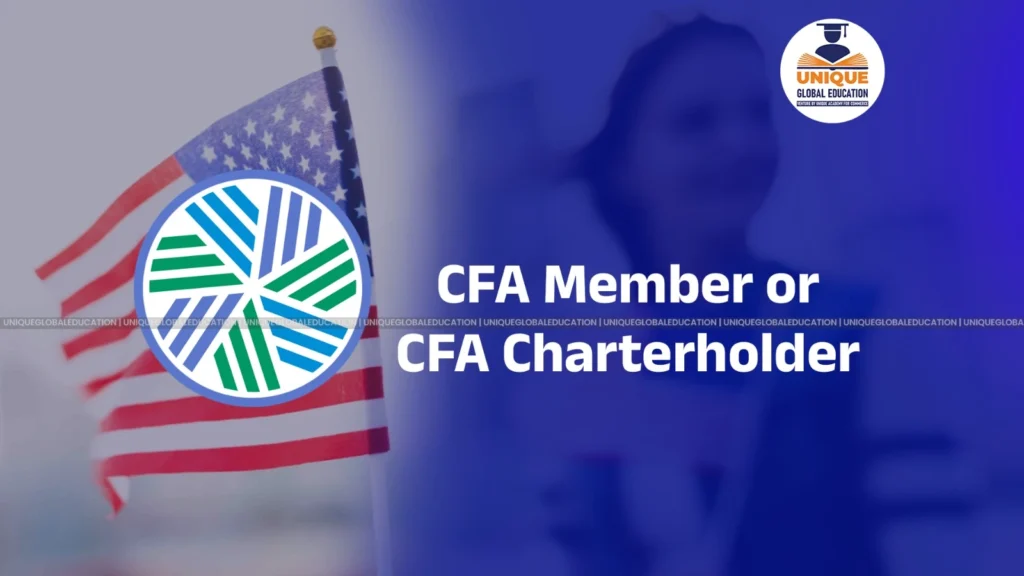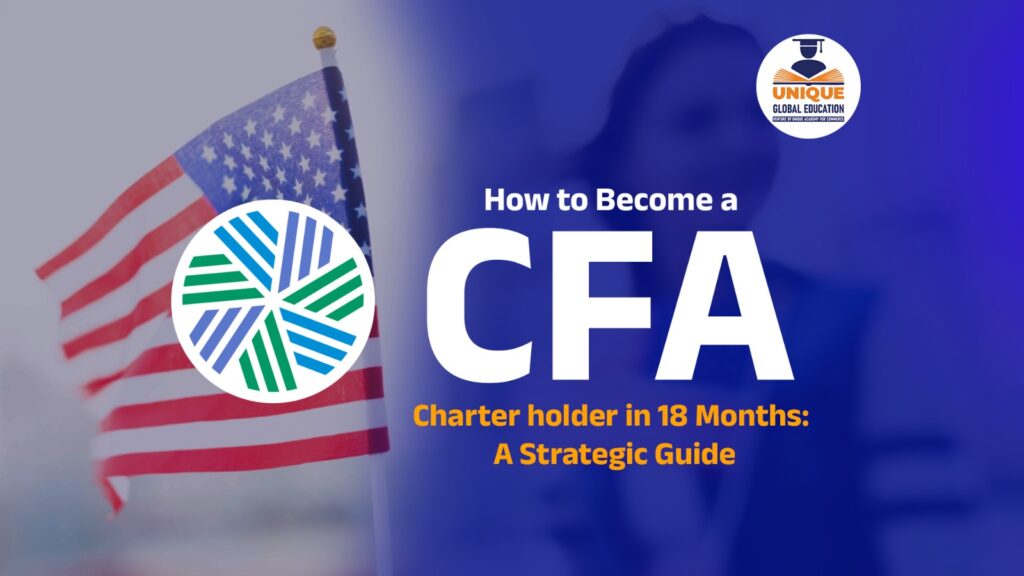The CFA (Chartered Financial Analyst) Program is one of the most highly rated financial qualifications in the world. CFA Level 1 is the first step toward Chartered Financial Analyst certification and serves as a springboard from which you dissect the complexities of investment tools, financial accounting, corporate finance and ethics.
The reality is that for most candidates, time and strategy management may be more difficult to obtain than all the study material combined. If you aspire to sit for CFA Level 1 and believe that it’s already late, let me relax you. With an effective plan, regular practice and the right attitude you can still ace it.
In this blog, we will take you through a step-by-step approach on how to start CFA Level 1 preparation and make the most of it before it’s too late.

Table of Contents
1. Understand the CFA Level 1 Exam Structure
There are 180 MCQs in the CFA Level 1 exam and you have to complete that in two test sessions of 2 hours and 15 minutes each. The questions are divided among 10 subjects, but they are not weighted equally.
Topic Weights (Approx.):
- Ethical and Professional Standards: 15%
- Quantitative Methods: 8-12%
- Economics: 8-12%
- Financial Reporting and Analysis: 13-17%
- Corporate Finance: 8-12%
- Equity Investments: 10-12%
- Fixed Income: 10-12%
- Derivatives: 5-8%
- Alternative Investments: 5-8%
- Portfolio Management and Wealth Planning -5-8%
Understanding this allows you to prioritize high-weight areas like Ethics, FRA (Financial Reporting and Analysis), and Equity.
2. Create a Realistic Study Plan
If you’re feeling late, take a deep breath. CFA Institute suggests 300 hours of study for Level 1, but the actual number depends upon your background.
If you have 3-4 months left:
- Dedicate 20-25 hours per week.
- Split topics based on weight.
- Do the first two months learning, the next month revising and then spend your last couple of weeks on mocks.
If you have 2 months or less:
- Focus only on high-weight topics.
- Study selectively (if you have limited time, don’t spend your time on very low-weight topics).
- Practice daily with question banks.
3. Prioritize High-Yield Topics
When time is limited, prioritize:
- Ethics: 15% weight. Ethics also serves as a tiebreaker in CFA tests.
- FRA (Financial Reporting & Analysis): High content coverage with accounting being tested majorly and a foundation for upper levels.
- Equity & Fixed Income: Combined, they might provide 20%.
- Quantitative Methods: Several formulas reoccur.
Do not ignore small topics entirely, but spend less time on Derivatives, Alternative Investments and Portfolio Management if you are falling behind.
4. Use the Right Study Material
- You don’t have to read every page of the CFA Institute books if you’re short on time. Instead:
- Refer to CFA Institute Learning Ecosystem (LES) for summaries and questions on SCH.
- Combine that with providers such as Kaplan Schweser for concise notes.
- Do QBank regularly from CFA.
5. Focus on Practice, Not Just Reading
- It is easy for many students to get caught up into the ‘read-aloud-side-of-reading’ without practicing. The CFA exam is application-based. Answer as many questions as possible.
- DO EOC questions after each chapter.
- Use topic-wise question banks.
- Each time you go back through wrong answers, weak areas get stronger while strong ones solidify.
Get More Details CFA Classes Pune and Face To Face Batches
6. Learn Formulas & Concepts Actively
There are hundreds of formulas for the CFA Level 1, particularly in Quants, FRA and Corporate Finance. Don’t just memorize—practice applying them.
Tips:
- Make a formula sheet.
- Revise formulas daily.
- Flashcards or apps like Anki can be used for rapid review.

7. Take Mock Exams Seriously
Mocks are the best thing to do in preparation of last 1 month. They help with:
- Time Management: 180 questions in 4.5 hours one should be fast enough.
- Stamina: It’s exhausting to sit in long-length chunks of meetings.
- Pinpointing Weaknesses: Analyse your mistakes closely.
- Try to give at least 3 full length mocks before the exam. The CFA Institute offers you official mock exams — don’t miss them.
8. Revise Strategically
Do not learn different things until the last day. Then the last two weeks they should be doing:
- Formula revision
- Ethics re-read
- Practicing weak areas
- reviewing FRAs, Equity and Fixed Income intervened in the case.
9. Develop Exam-Day Strategy
Even if your prep lags a bit, exam-day conscientiousness can help you raise your score:
- Do not be paralyzed by one question.
- Flag the hard ones and come back to them later.
- Use a little process of elimination to better your chances.
- Don’t worry; just try to stay calm, CFA Level 1 is as much a test of discipline as it is knowledge.
10. Stay Consistent & Motivated
If you are a late subscriber, or late-comer rather, CFA preparation can be viewed as daunting. Remember:
- Small daily progress adds up.
- Concentrate on what you can control (study hours, practice).
- Avoid comparing with others.
- Consistency and intelligent work trump perfection any day.
FAQs on CFA Level 1 Preparation
Ideally, 4-6 months is recommended. But if you don’t have much time, an aggressive 2-3 month plan that focuses on high weight topics and practice questions can still get you past the finish line.
Yes, if you prepare at least 4-5 hours per day for strictly key subjects and well practice on mocks.
Yes, if you have time CFA Institute Books for depth But if you’re pressed for time, Kaplan Schweser or comparable short notes plus CFA Institute’s practice questions are more efficient.
Very important. 15% for ethics, as a tiebreaker in the final result. Never skip it.
You should aim to have completed at least 3 full-length mocks. More if time permits.
CFA Institute keeps the actual score secret, but it has traditionally fallen between 65 and 70%. Get 70% in at least mocks.
Yes. Working candidates make it using evenings, weekends and by following a plan. What matters more than raw hours is efficiency and consistency.
Final Thoughts
How difficult is it to prepare for CFA Level 1 If I already started late? Practice regularly and focus on high-weight topics, take mock tests seriously. Don’t squander time on those low-ranking areas and keep that revision sharp. With the right strategy, even late bloomers can succeed.
You must remember: It’s not how early you begin but how smartly you prepare.
Get More Details CFA Classes Pune and Face To Face Batches















